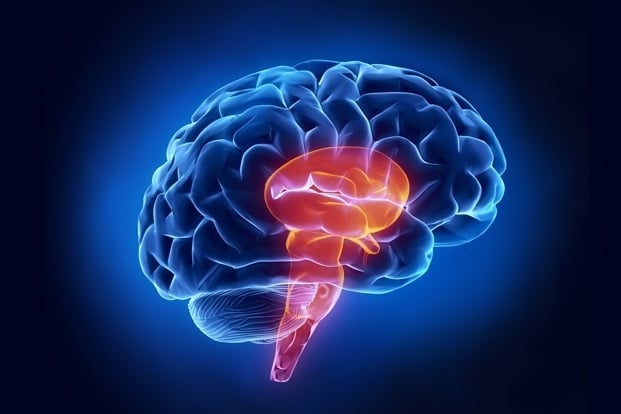Symptoms of a Hemorrhagic Stroke
Apr 19, 2022
A hemorrhagic stroke is caused by a ruptured blood vessel in the brain, which interferes with the brain function. If you have a hemorrhagic stroke caused by a slow accumulation of blood you may experience symptoms like as headaches, lethargy, and nausea or vomiting.

Your chances of experiencing a hemorrhagic stroke are increased if you are older (over age 65), have a family or personal history of stroke, have uncontrolled diabetes, high cholesterol, or high blood pressure, smoke, are obese, do not exercise, or have a poor diet.
Hemorrhagic strokes that result from a rupturing blood vessel can have serious, immediate, and life-threatening symptoms like :-
- Sudden headache near the back of the head.
- Losing consciousness
- Inability to move or feel
- Confusion and irritability
- Muscle pain in neck and shoulders
- Nausea and vomiting
- Sensitivity to light
- Seizure
- Vision problems
- Drooping eyelids
- One eye pupil larger than the other
Treatment suggestion:-
We treat hemorrhagic stroke by locating the source of the bleed and surgically like clipping it, draining the skull to less pressure in the brain, blocking off any sources of bleeding, and or performing minimally invasive “burr hole” removal of the intracerebral hemorrhage.
After we start a procedure we typically give you medications to less blood pressure, pain, anxiety, headaches, and/or seizures.








